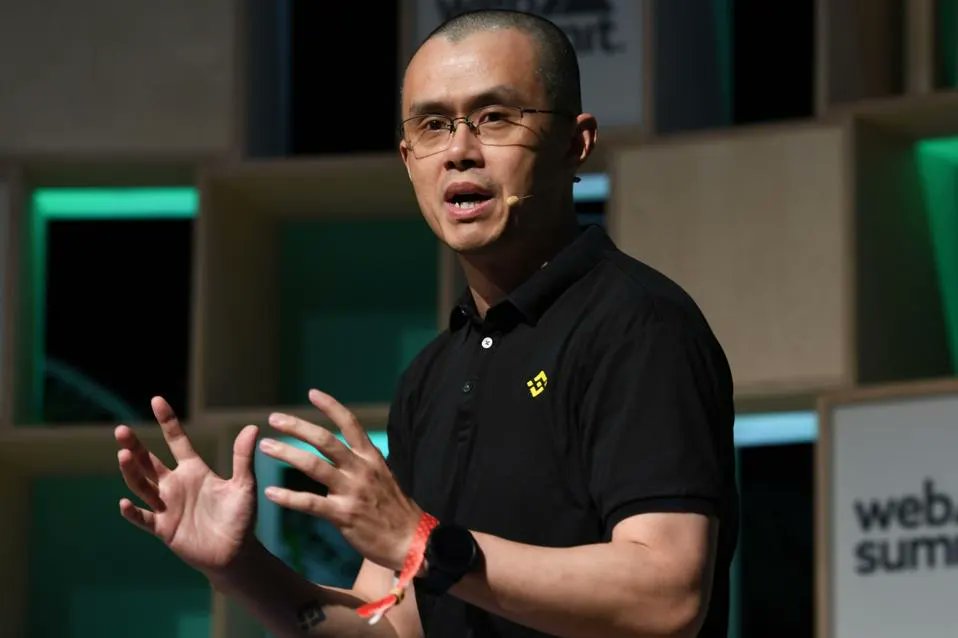U.S. authorities are taking decisive action to ensure Changpeng Zhao, the notable founder and former CEO of Binance, remains stateside until his February 2024 sentencing. This move comes in the wake of Zhao pleading guilty to a charge related to Binance’s failure in maintaining an effective anti-money laundering program.
TL;DR:
- U.S. authorities demand Changpeng Zhao, ex-CEO of Binance, stay in the U.S. until February 2024 sentencing.
- Zhao faces legal scrutiny for Binance’s anti-money laundering program failures.
- Prosecutors argue Zhao’s wealth and UAE ties pose a flight risk, despite his proposed $175 million bond.

Changpeng Zhao (CZ) Departure Marks Dark Times For Crypto (Again)
Zhao, who holds citizenship in the United Arab Emirates and Canada, is under scrutiny due to his substantial wealth and limited connections within the U.S. This raises concerns about potential flight risk. Despite his proposal for an appearance bond of $175 million, backed by significant cash and assets, the prosecution is steadfast in their stance. They argue that Zhao’s strong ties to the UAE. This, coupled with the difficulty in extraditing him, necessitate his stay in the U.S. until sentencing.
This scenario is unfolding against a backdrop of increasing regulatory focus on the cryptocurrency sector. Binance, as one of the leading crypto exchanges, has been under the lens for its compliance practices. Zhao’s case particularly highlights the challenges facing the industry in terms of legal and regulatory obligations.
The decision to keep Zhao in the U.S. reflects a growing trend of rigorous enforcement in the crypto space, signaling to industry leaders the importance of adhering to regulatory standards, especially concerning anti-money laundering protocols.
Zhao’s situation, pending a review by Magistrate Judge Brian Tsuchida, is a clear message to the crypto community. It states compliance is not just a standard practice, but a crucial aspect of surviving in an increasingly regulated digital currency world. As the industry evolves, cases like Zhao’s serve as a crucial reminder. A reminder of the delicate balance between innovation and regulation in the dynamic realm of cryptocurrency.
All investment/financial opinions expressed by NFTevening.com are not recommendations.
This article is educational material.
As always, make your own research prior to making any kind of investment.








